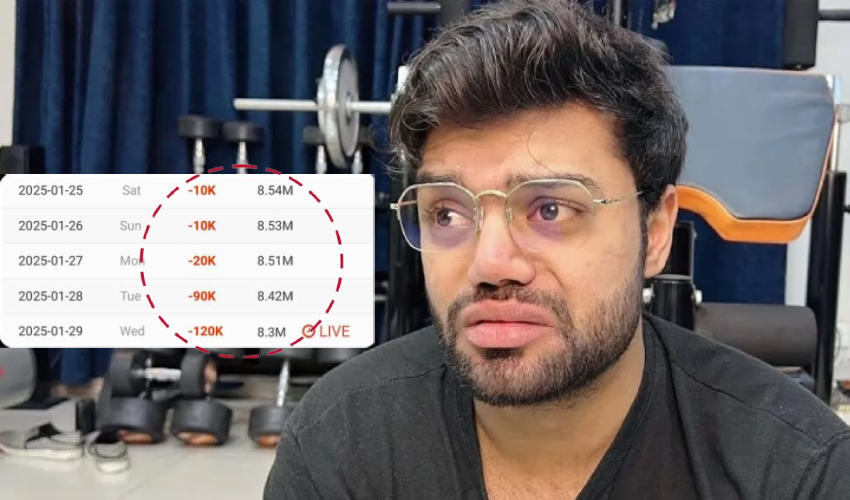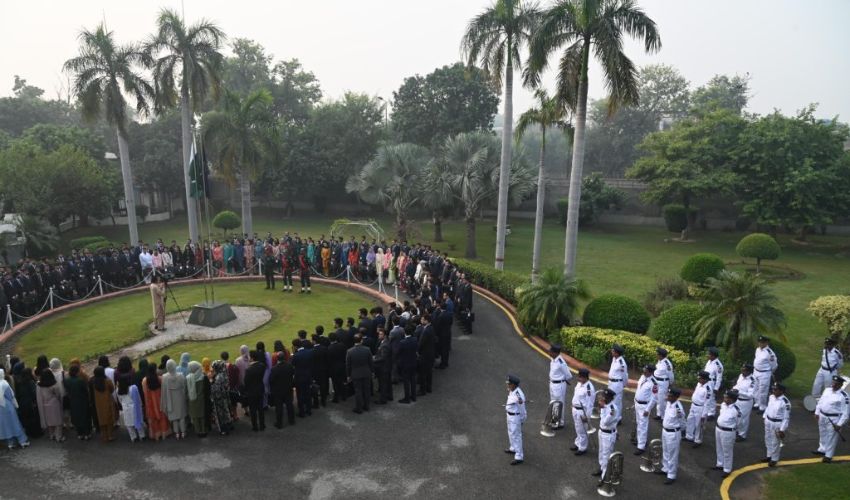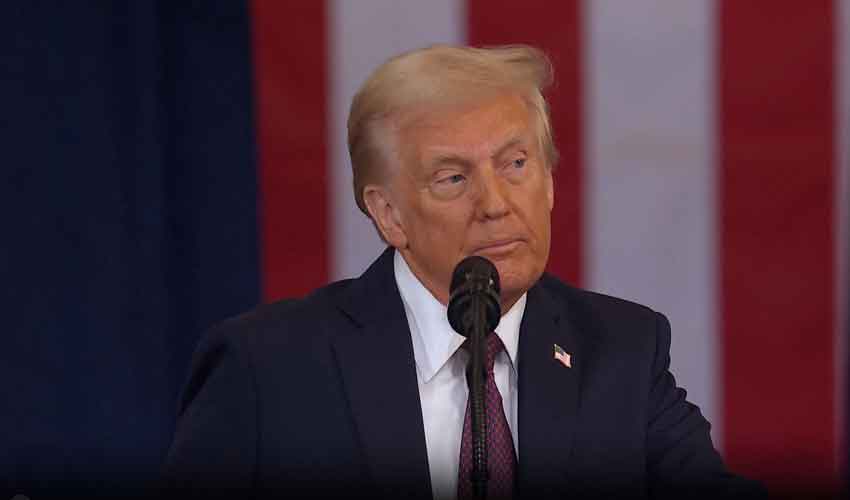India's secular identity is increasingly under threat as the Hindutva ideology continues to spread, resulting in rising discrimination and violence against minority communities, particularly Muslims, Christians and Dalits.
The current political climate, under the leadership of the Bharatiya Janata Party (BJP), has seen a surge in policies that target these groups on religious grounds, sparking concerns both within India and internationally.
Since the BJP came to power in 2014, the party’s policies, heavily influenced by the Rashtriya Swayamsevak Sangh (RSS), have been criticized for fostering an environment where religious minorities face discrimination, harassment, and violence.
This aggressive approach has emboldened religious extremists, leading to a sharp increase in attacks on minorities, raising alarms about the growing climate of intolerance.
While India vocally protests against minor incidents involving Hindus worldwide, the country’s internal issues regarding violence against minorities seem to go largely unaddressed.
This contradiction underscores the growing disparity between India's foreign rhetoric and its domestic policies, presenting a troubling picture of the nation’s commitment to human rights.
The influence of Hindutva is not confined to India. Over recent years, the ideology has quietly spread to countries like the United States, Canada, and the United Kingdom, as Indian diaspora communities advocate for the principles of Hindutva. This international spread raises questions about the potential for sectarian tensions in these countries as well, with concerns over the integration of such divisive ideologies into local politics and society.
International organizations, including the United Nations and human rights groups, have expressed concern over the worsening human rights situation in India.
The growing climate of religious intolerance, coupled with the rise of Hindutva, has sparked global calls for action. The international community is urged to keep a close watch on these developments, ensuring that the rights of religious minorities are upheld, and that India remains committed to its secular and democratic values.



























